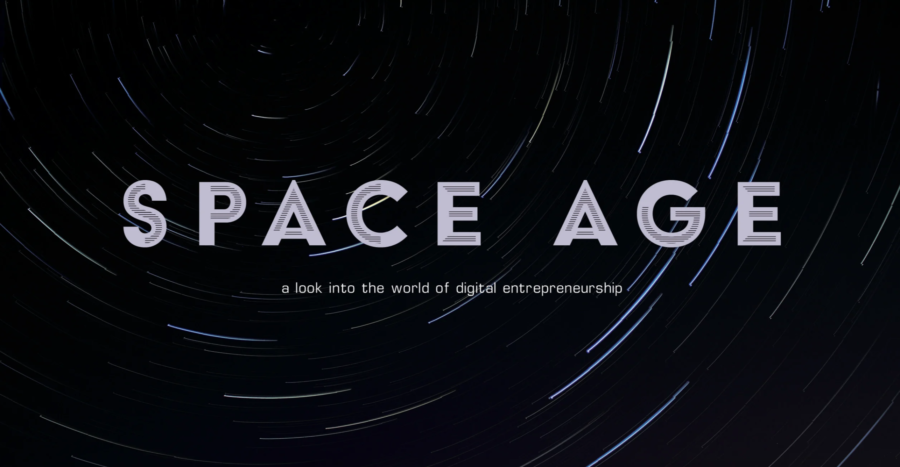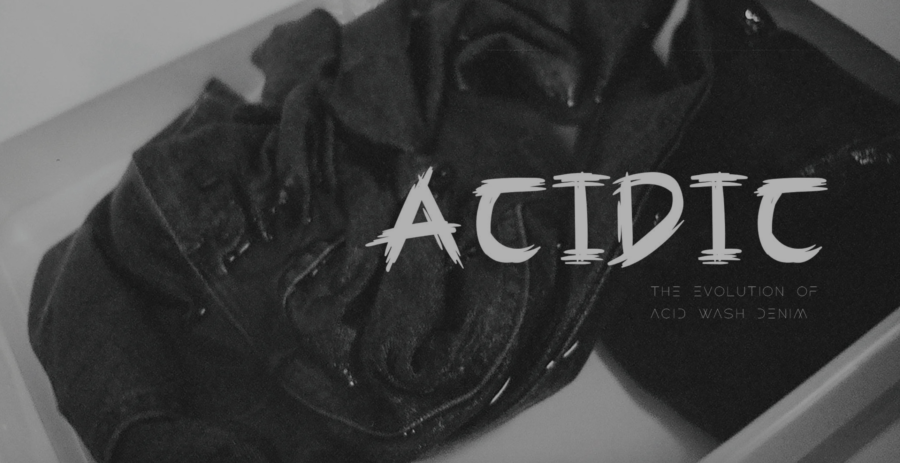In 2012, President Barack Obama and Massachusetts Gov. Mitt Romney face off the for the presidency. While this election may have direct implications for Generation Y, some students do not feel as though their generation is actively involved in the race.
Chris Lamoureux, a freshman engineering major shares Pierce’s sentiments. Both Lamoureux and Pierce did not vote in the 2008 election because they had not reached the legal voting age of 18, but both plan to vote in this election.
“This is a major turning point in the United States,” Lamoureux said. “The two parties are completely opposite and our votes will determine the next four years.”
Pierce said he doesn’t feel as though students are as engaged as they should be. Pierce said he does not know exactly why students do not seem very active, but believes it is crucial for that to change in order for young people’s ideas to be represented.
According to "Rock the Vote," national advocates for young voters in America, there are 44 million eligible young voters. Their official site says that young people make up the largest generation in history and represent one-fifth of the electorate, according to Rock the Vote’s official site.
Sophomore art history and writing major Leanne O’Donnell agreed that she has not seen much enthusiasm in this election, but believes that the issue might be that students are more concerned with specific topics and enacting change in their communities, as opposed to fighting for national change.
“I think that there’s too many factors at play to say that it’s just the student demographic,” O’Donnell said. “I think that there is some validity to the idea that people are more engaged in their communities and affecting change that way than as to doing it through an election.”
Brett Hildebrand, a sophomore political science major, does not believe that students do not care about the election, but that their insistence in maintaining cultural courtesy prohibits them from being as vocal as voters in the past.
“I think with just changes in technology, first of all, and also just changes in cultural norms,” Hildebrand said. “People don’t like to discuss political opinions because it can offend people and it just divides. So, they just avoid talking about it.”
Hildebrand believes that because of the urge to be neutral for a large audience, students will tend to take to personal blogs or conversations among friends to share their political beliefs.
“Young people care more about people than the politics,” Hildebrand said. “It’s not that they don’t care, they just don’t want to offend people.”
One political science professor may find some truth in Hildebrand’s statements.
Michael Strausz, assistant professor of political science, said he chooses not to discuss his opinions on the candidates in the classroom. Strausz did not make this decision because he is worried about presenting conflicting ideas, but because he does not want students to be swayed by his ideas.
"I am concerned that if I took a partisan stand in the classroom, students would take the same stand whether or not they agreed, instead of critically evaluating the evidence on their own," Strausz said.
Pierce, Lamoureux, O’Donnell and Hildebrand all agreed that like Strausz, many of their professors do not push for active election conversation and seem to stay neutral in the classroom.
While he is not aware of any official policy regarding bringing one’s opinions about the election into the classroom, Strausz does enjoy talking politics with his students, but wants students to learn and evaluate several viewpoints and decide on one for themselves, he said.
According to Lamoureux, regardless of why students may or may not be vocal during this election, it is absolutely crucial that they still cast their vote.
“It’s part of our duty,” Lamoureux said. “That’s why we’re in America.”




